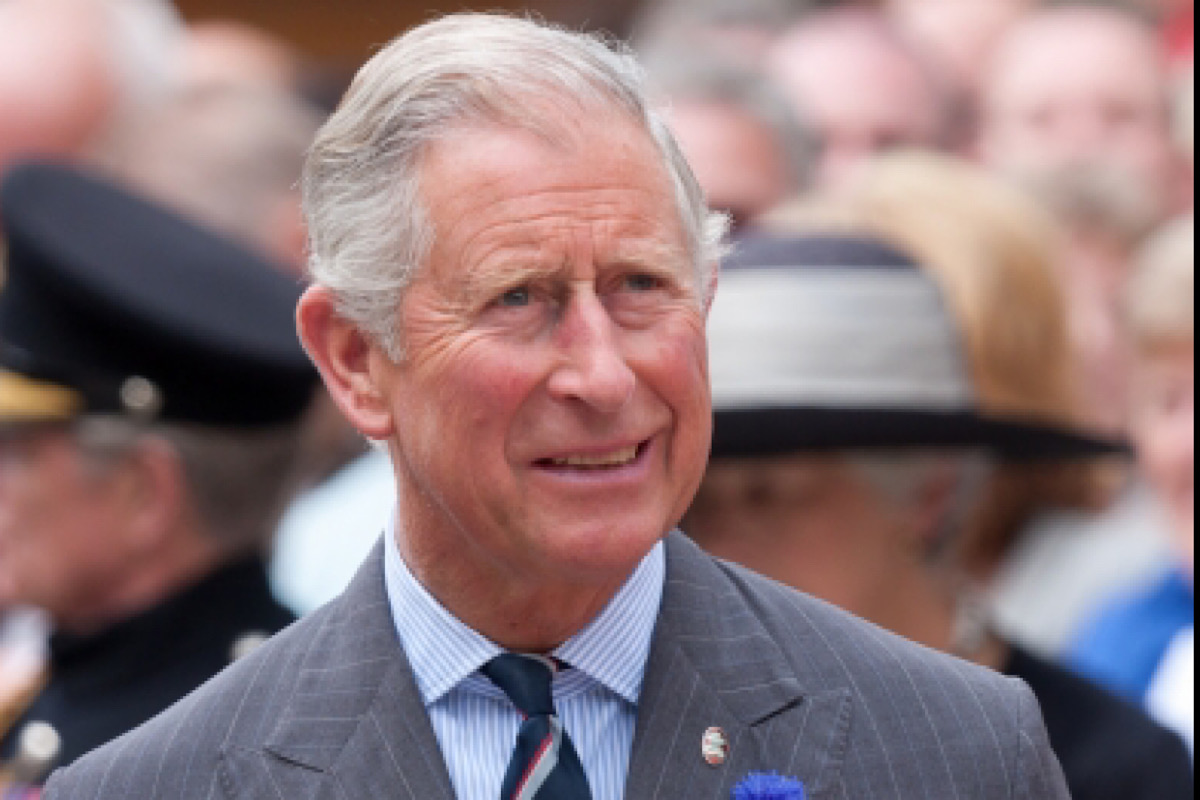In an unprecedented revelation, King Charles III has shattered the age-old tradition of royal health secrecy, thrusting the British monarchy into uncharted territory. The announcement of his cancer diagnosis, a break from centuries of “never complain, never explain,” exposes a chink in the armor of regal mystique. For generations, the British public has been shielded from the intimate details of monarchs’ health, creating an aura of invincibility around the throne. Queen Elizabeth II’s death in 2022 exemplified this, as the world was left in the dark about the cause, with the death certificate simply citing “old age.” Likewise, King George VI’s battle with lung cancer was concealed from the public eye, raising questions about the extent of information shared even within the royal family. King Charles III’s decision to divulge his cancer diagnosis, albeit sparingly, reflects the evolving nature of public engagement in a media-saturated age. The monarch, in his mid-70s, opted for a delicate balance, sharing enough to acknowledge his health challenge while maintaining an air of mystery.
This departure from the stoic tradition of his late mother, Queen Elizabeth II, is a nod to the changing dynamics of a society that craves transparency. Sally Bedell Smith, a noted author, aptly points out the paradox in King Charles’ approach. Initially candid about his treatment for an enlarged prostate, the monarch reverted to the veiled secrecy characteristic of his lineage. Ruling in an era where information travels at the speed of light, there is an expectation that he should reveal more, especially considering the public’s investment in the monarchy through taxpayer support. The disclosure serves dual purposes, as highlighted in the statement from Buckingham Palace. On one hand, it aims to foster public understanding of cancer, shedding light on a topic that affects millions globally. The ripple effect is evident, with Cancer Research UK reporting a significant surge in visits to its information page. On the other hand, the move is a strategic response to the age of social media, where misinformation can spread like wildfire. By preemptively sharing his diagnosis, King Charles III seeks to curb speculation and control the narrative surrounding his health. The debate on how much the public deserves to know about royal health is nuanced.
Royals, despite being private citizens, exist in a unique position of public trust. As public sentiments toward the monarchy fluctuate, with a recent study indicating a decline in perceived importance, the disclosure becomes a pivotal moment for the institution’s relevance. As the King steps back from public-facing duties during his treatment, the focus inevitably shifts to the future of the monarchy. His son, Prince William, poised to inherit the throne, faces the dual challenge of preparing for leadership while attending to his wife’s recovery from abdominal surgery. The King’s vulnerability, shared with a nation where millions grapple with cancer, humanises the monarchy in a way that could mark a new era of transparency.












